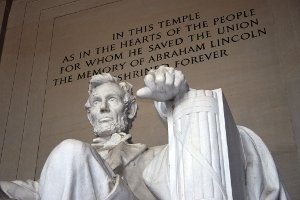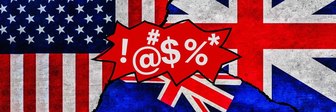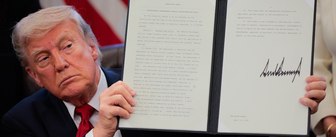It may be 150 years since Abraham Lincoln gave his classic explanation of the Union's cause in the Civil War, but disagreements over the war and what it means persist even today.
On November 19th 1863 President Abraham Lincoln gave the Gettysburg Address. His short speech to dedicate a graveyard for the Union dead, which allegedly got a lukewarm reception at the time, has since gone down as one of the greatest speeches in history. In ten sentences Lincoln identified the cause for which the Union dead of Gettysburg and countless other battles sacrificed their lives: the preservation of the United States as a unified republic and the extension of freedom to all the sons and daughters of its soil. The Union won the Civil War, and slavery was abolished, but America's racial and regional tensions persisted long after the last shots were fired.
YouGov's research on attitudes towards the Civil War shows that Americans tend to regard the war as having been good for the United States. 47% say that it was good, while 28% say that it was bad for the country. Even in the South, 41% of people say that the war was good for the country as opposed to 33% who say it was bad. It must be noted, however, that a very significant proportion of African-Americans in the United States - around half - live in the South.
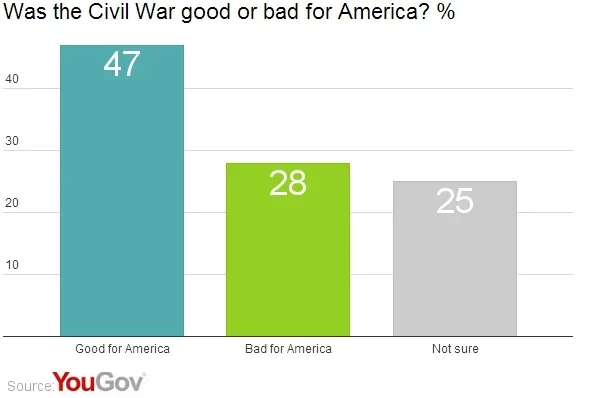
Slavery
Asked what the Civil War was fought over, Americans give conflicting responses. 40% of the country says that it was fought over slavery, while 42% say that the dispute was over states' rights. For much of the 20th Century the war was portrayed in schools and history textbooks as a fight between the North and South over the broader fate of the country and not just a struggle over the future of slavery. Increasingly, however, historians are returning to earlier interpretations from the immediate years after the Civil War that considered it to be a war sparked by, and a struggle largely fought over, whether or not slavery would continue.
There is something of a partisan divide on the question, however, with Democrats (54%) being more likely than either Independents (32%) or Republicans (34%) to say that the war was fought over slavery. Surprisingly, given their strong Union allegiances during the war, people in the Midwest was the most likely to say it was over states' rights (47%) rather than slavery (40%). Only people in the Northeast were more likely to say that it was over slavery (40%) than states' rights (34%).
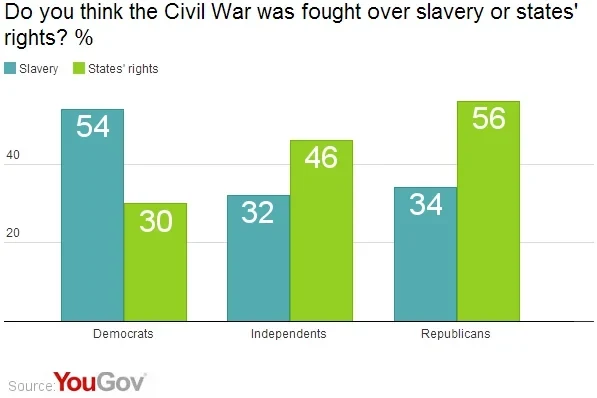
Many Americans doubt that slavery would have been abolished quickly without the Civil War. 26% say that it would have been abolished before 1900 - of whom only 10% say that it would have been before 1880. 30% say that it would have happened at some point after 1900. Interestingly, while only 9% of the entire population believe that it would never have been abolished without the Civil War, 27% of black Americans say that slavery would have persisted until today without the War.
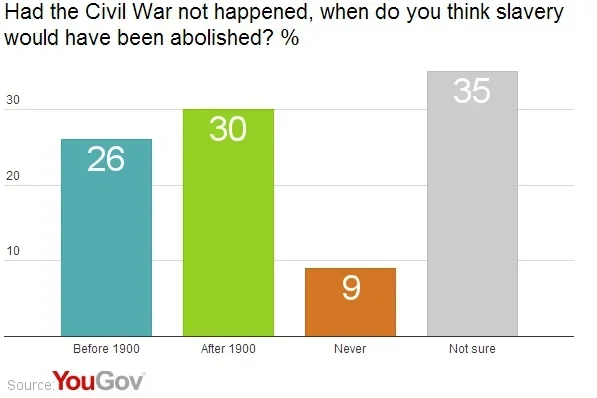
Unsurprisingly, the racial divide is even larger when people are asked whether the federal government should pay reparations to the descendants of slaves who, supporters of reparations note, created much of the wealth of the United States without any compensation. Opponents of reparations do not dispute this point, but they believe that so many generations have passed since slavery and so much of the White population of the United States has no Southern-slaveholding ancestry that reparations would be unjust. White Americans overwhelmingly tend to oppose reparations, while most black Americans support reparations.
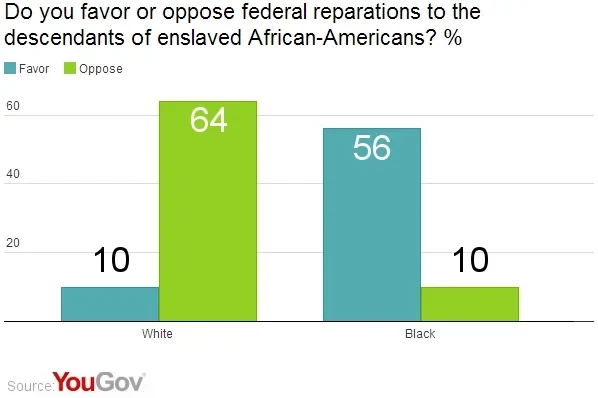
Sides & Politics
A majority of Americans (53%) say that they would have sided with the Union if they had been alive during the Civil War. 17% say that they would have tried to remain neutral, while another 20% aren't sure. Interestingly, 10% of Americans say that they would have sided with the Confederacy. This includes 20% of Republicans, who are the most likely of any demographic group to say that their sympathies would have been with the South despite their first President being Abraham Lincoln.
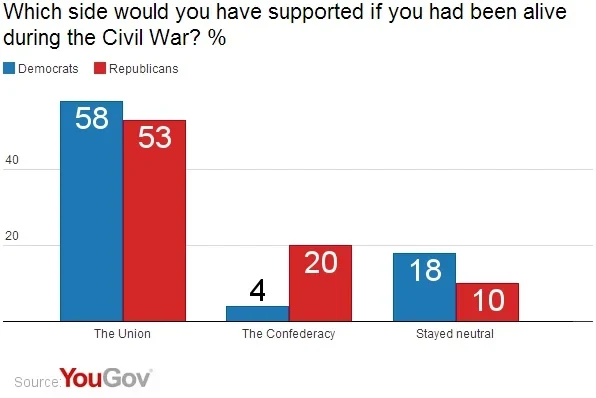
Asked what party Abraham Lincoln would be in if he were alive today, people tend to say that he would have been a Democrat, though this is driven largely by Democrats claiming The Great Emancipator for themselves, with only 7% saying that he would have kept his old allegiances and been a Republican. 55% of Republicans say that he would have stayed in the GOP, while Independents are largely split, with 18% saying he would have been a Democrat and 22% saying he would have been a Republican.
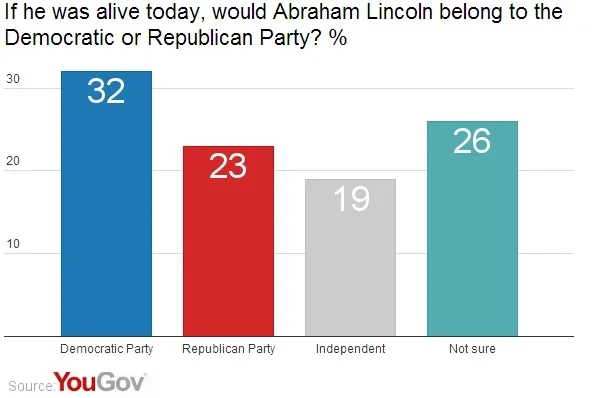
Right & Wrong
Americans tend to know most of the basic facts about Gettysburg, with confusion only setting in when asked which year the battle took place in. 70% of the public correctly identified that the Gettysburg Address began with 'Four score and seven years ago...', and not with the first lines of the Declaration of Independents ('When in the course of human events...') or the Constitution ('We the People of the United States, in Order to form a more perfect Union...'). Interestingly, the most wrong answers were provided when people were asked which state the Battle of Gettysburg took place in, which 19% of the public thinks took place in Virginia, not Pennsylvania.
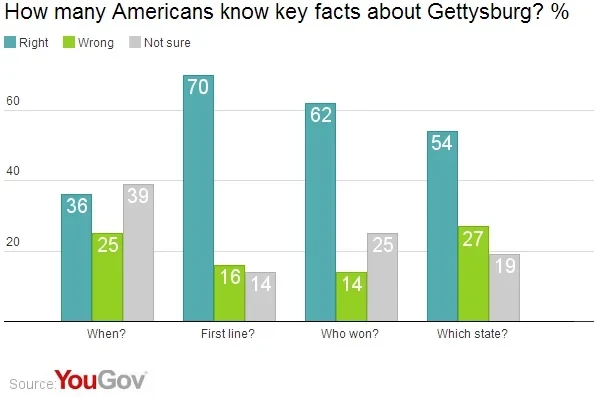
Ken Burns, maker of the award-winning 1990 documentary The Civil War, has created a website called 'Learn the Address'. The site encourages Americans to memorize or recite the Address and contains videos of Americans from all walks of life and political persuasions, from Bill O'Reilly and George W. Bush to Jimmy Carter and Whoopi Goldberg, giving the Address.
Full poll results can be found here.
